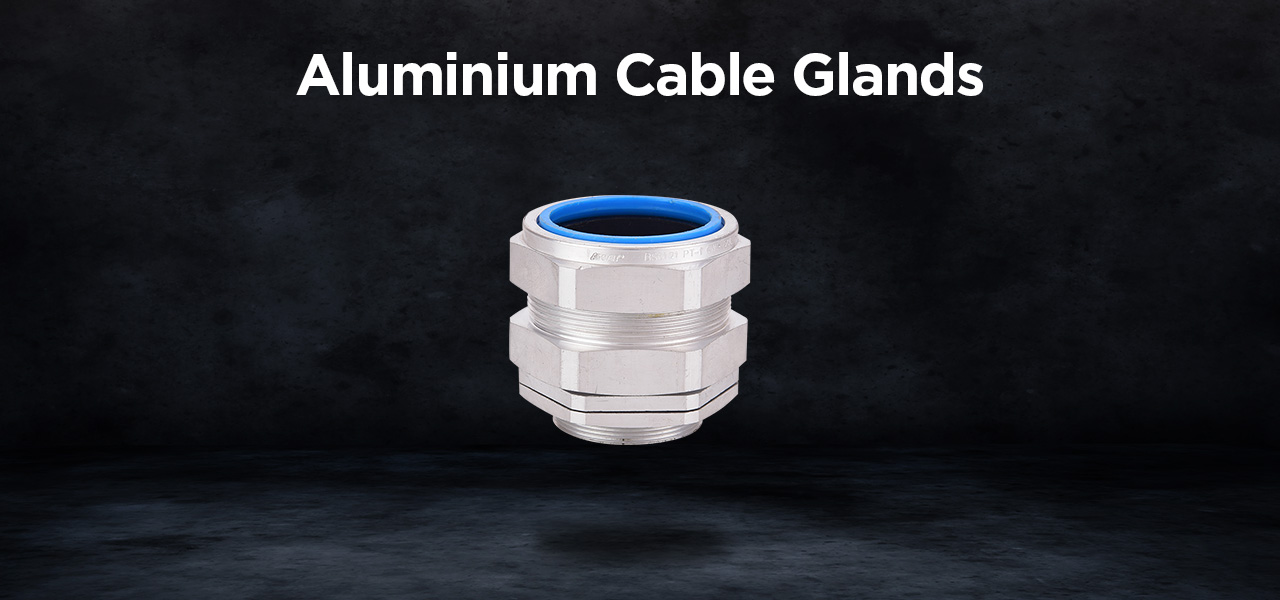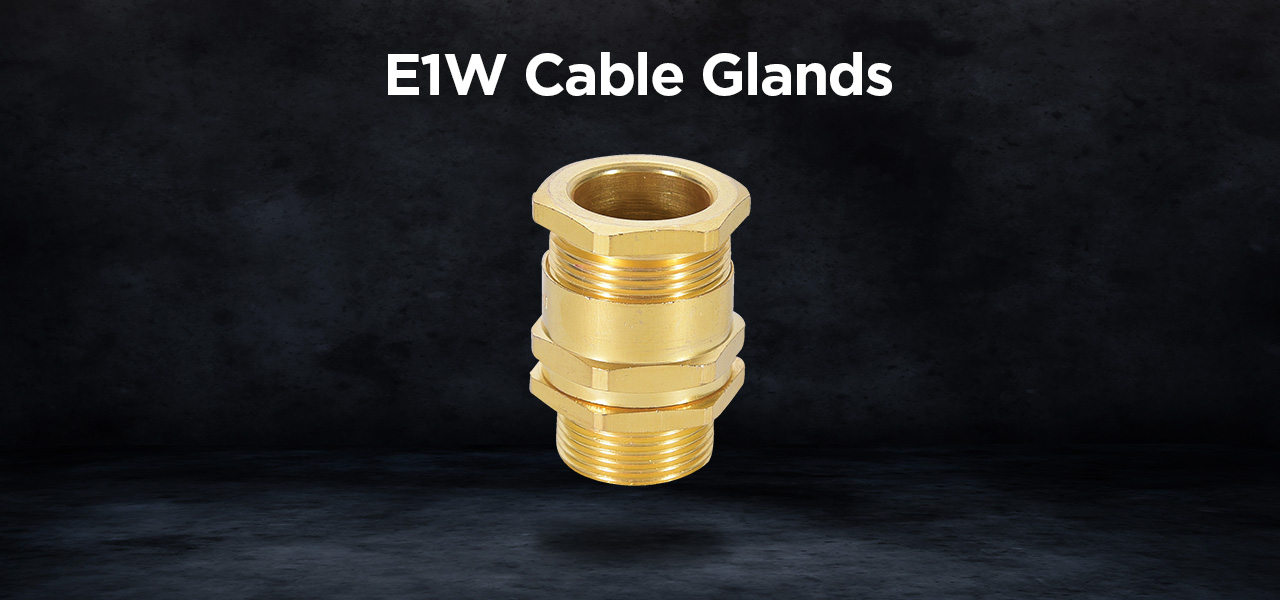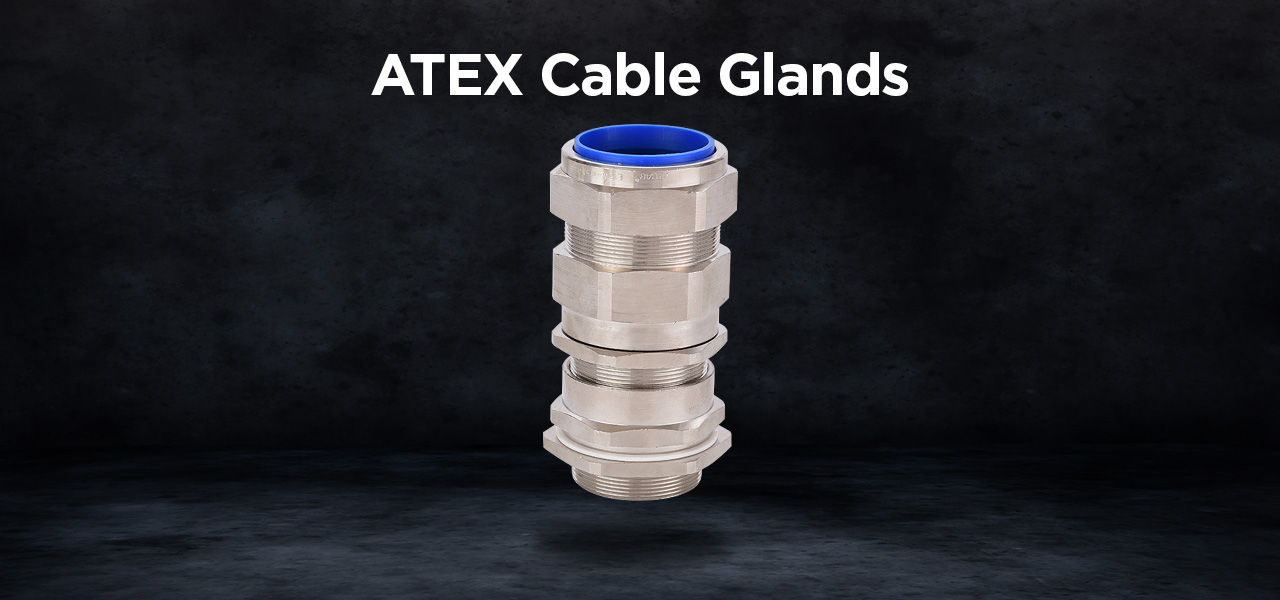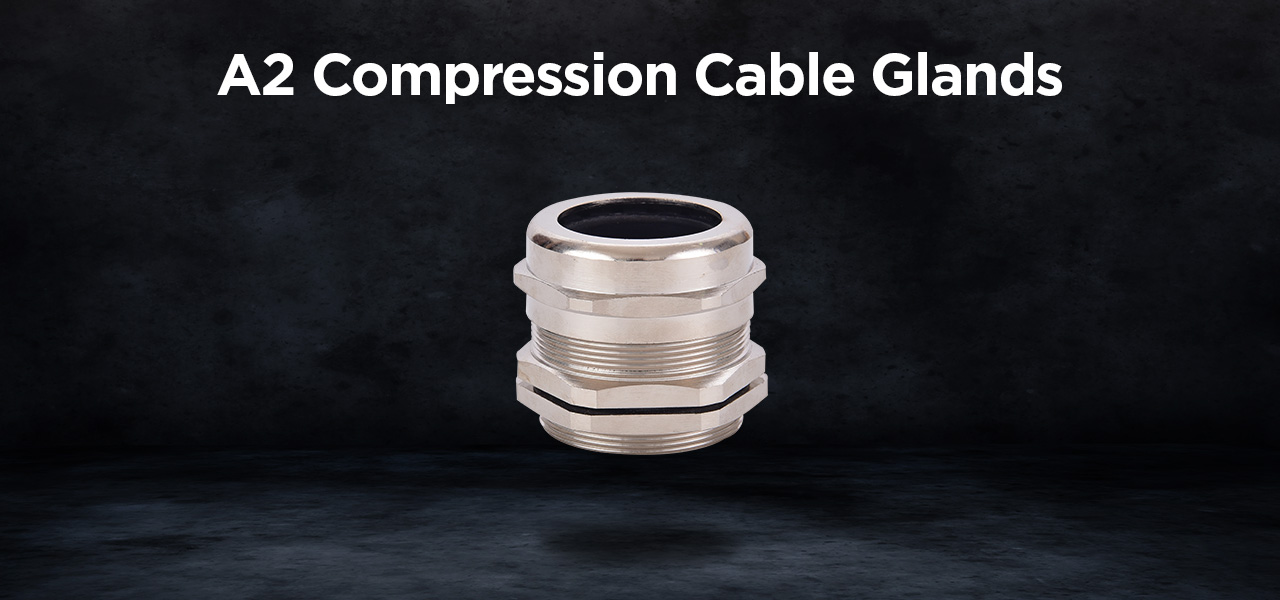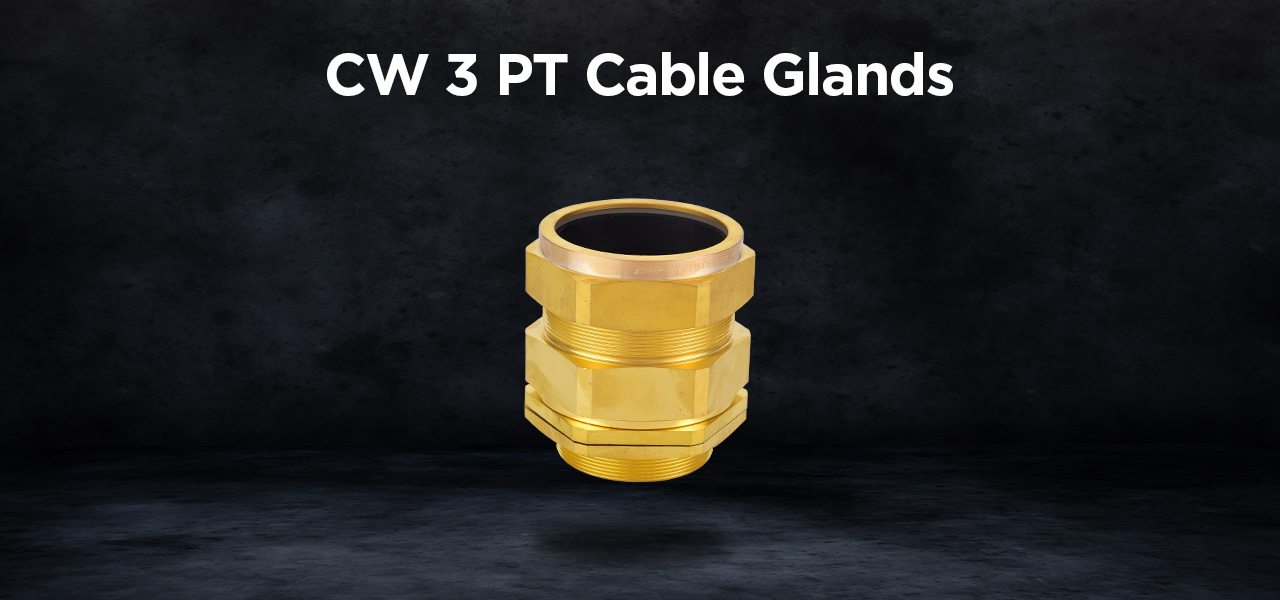|
Getting your Trinity Audio player ready...
|
As a leader in the metal industry for over 25 years now, we at Atlas Metal understand the significance of choosing the correct size of a cable gland for various applications. Therefore, in this blog post, we will explore the importance of selecting the right size of cable glands and the steps and parameters that help us to choose one.
Choosing the right size of cable glands is of paramount importance to ensure the effectiveness and safety of electrical and lightning safety solutions. A wrong-sized cable gland can lead to numerous issues, such as inadequate sealing, poor cable retention, and compromised performance. It can also result in potential hazards like electrical failures, and short circuits. By understanding the importance of selecting the correct size, you will be able to ensure optimal functionality, reliable connections, and enhanced safety in your electrical installations.
Now, before determining the suitable size for cable glands let us understand the various types of cable glands.
Types of Cable Glands
1. A2 Compression Cable Glands
A2 Compression Cable Glands is a reliable choice for secure and efficient cable connections, providing excellent strain relief and sealing capabilities while ensuring optimal performance in various industrial applications.
2. ATEX Cable Glands
Designed to meet strict safety standards for use in hazardous environments, ATEX cable glands are specifically engineered to prevent the ignition of explosive gases and dust, providing reliable sealing and protection.
3. Aluminium Cable Glands
Aluminium Cable Glands are known for their lightweight yet durable construction, offering excellent corrosion resistance. They are ideal for applications where weight reduction and robust protection are required.
4. E1W Cable Glands
E1W Cable Glands provide exceptional sealing against moisture and dust ingress, making them suitable for both indoor and outdoor installations. These glands are widely used to ensure reliable connections in harsh environments.
5. CW 3 PT Cable Glands
CW 3 PT Cable Glands offer superior cable retention and sealing capabilities, making them a popular choice for heavy-duty applications. They provide effective protection against environmental factors such as dust, water, and mechanical stress.
Atlas Metal manufactures a diverse range of cable gland solutions under the banner ATCAB, including, A2 compressor cable glands and aluminium cable glands. The cable glands are tailored to meet the varied requirements of industries.
When selecting the right cable gland size, several factors should be taken into consideration to ensure optimal performance and safety.
1. Cable Diameter
Measure the outer diameter of the cable accurately to determine the appropriate gland size that provides a snug fit without excessive compression or strain.
2. Cable Material
Different cable materials have varying flexibility and thickness, affecting the required gland size. Consider the characteristics of cable materials to select a compatible size.
3. Installation Method
Consider the installation process and available tools. Ensure that the chosen gland size aligns with the installation method, whether it’s thread or compression-based.
4. Sealing Requirements
Determine the level of ingress protection needed. Ensure that the selected gland size offers adequate sealing to prevent the entry of dust, water, or other contaminants.
5. Cable Retention
Check the weight and movement of the cable. Choose a cable gland size that provides sufficient grip and strain relief to keep the cable securely in place.
Follow the steps given below to determine the appropriate cable gland size and ensure a proper fit.
1. Measure The Cable Diameter
Accurately measure the outer diameter of the cable using callipers or a measuring tape. This measurement is crucial in determining the appropriate gland size that provides a secure fit without excessive compression or strain.
2. Determine The Thread Size And Length
Identify the thread size and length required for the installation. This will ensure compatibility between the cable gland and the equipment or enclosure where it will be installed, providing a proper and secure connection.
3. Select The Correct Cable Gland Size
Refer to cable gland size charts provided by manufacturers or industry standards. Match the measured cable diameter with the corresponding gland size to ensure a proper fit and effective sealing against environmental elements.
4. Double Check The Compatibility
Before finalising the selection, verify the compatibility of the chosen gland size with the cable material, operating environment, and any specific standards or certifications required. This step ensures the cable gland meets the necessary criteria for optimal performance and safety.
Consult with Manufacturers
Reach out to cable gland manufacturers or suppliers for expert advice on selecting the right size. They can provide valuable insights based on their expertise and product knowledge, ensuring an appropriate gland size for your specific requirements. At Atlas Metal, customer-centricity is paramount, ensuring that each customer is provided with tailored solutions that perfectly align with their specific requirements.
Consider the Environmental Conditions
Take into account the operating environment where the cable gland will be installed. Factors such as temperature fluctuations, moisture levels, exposure to chemicals, and mechanical stress. Select a size that can withstand these conditions and maintain effective sealing.
Double Check The Dimensions
Accurately measure the cable diameter and cross-reference it with the manufacturer’s size charts or guidelines. Ensure that the selected gland size aligns with the measured dimensions.
Top Indian Cable Gland Manufacturers in India
The Indian cable gland manufacturing industry has gained widespread recognition worldwide for its expertise and high-quality products. With a strong presence in the global market, Indian manufacturers have become synonymous with reliability and innovation. One of the leading cable gland manufacturers is Atlas Metal. With over 25 years of experience, Atlas has earned a reputable status for manufacturing premium cable glands under the banner ATCAB. In addition to cable glands, Atlas also offers a diverse range of related products that cater to various electrical and lightning safety needs.
Conclusion
The correct size of cable glands plays a critical role in maintaining the effectiveness and safety of electrical and lightning safety solutions. Failure to choose the appropriate size can result in a range of problems and potential hazards. By prioritising the selection of the correct size, you can safeguard against issues like inadequate sealing and compromised performance, ensuring reliable connections in electrical installations.


